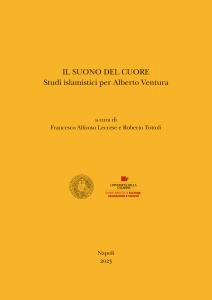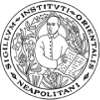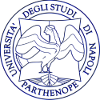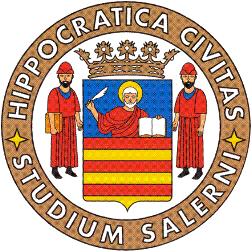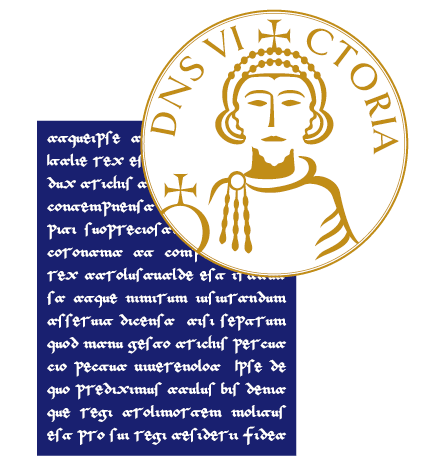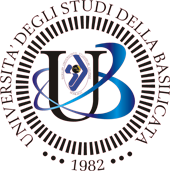Il suono del cuore. Studi islamistici per Alberto Ventura
Keywords:
Islamic Studies, Sufism, History, Literature, Manuscripts, MusicologySynopsis
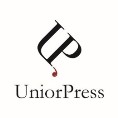
Publisher: UniorPress
Series: Series Minor
ISSN: 1824-6109
Pages: 558
Language: English
Abstract: Alberto Ventura was among the most prominent Islamicists of his generation—undoubtedly, and according to the judgment of many colleagues and scholars, a true pioneer in exploring topics that were little discussed in both national and international academic contexts. His writings have consistently demonstrated a rare ability to make complex authors and doctrines intelligible to both specialist and non-specialist readers. This quality was also well known to those who, over the years, had the privilege of attending his lectures at the Universities of Cagliari, the Orientale in Naples, and Calabria, as well as during seminars and conferences at other institutions.
Within the so-called chain of transmission in academic studies, Alberto Ventura’s writings and teachings place him among the most distinguished disciples of Alessandro Bausani. However, while Bausani masterfully focused his research interests on marginal or peripheral Islam, Ventura never ceased to study and meticulously demonstrate how those elements traditionally considered peripheral in Islam permeate the beliefs and practices of the doctrine’s original core.
Alberto Ventura’s work made a fundamental contribution to the dissemination of Islamic studies, and the understanding of Sufi thought, both as a method and a teaching approach. He achieved this through the analysis and comparison of specific case studies, as well as through broader works, such as his curated translation of the sayings and deeds of the Prophet Muhammad.
Initially conceived as a Festschrift, the volume took on a new form following Ventura’s untimely passing in August 2022. It gathers contributions from scholars, colleagues, and students who wished to pay tribute to him through essays that explore themes close to his academic sensibility, viewed from various historical and geographical perspectives.
Downloads
